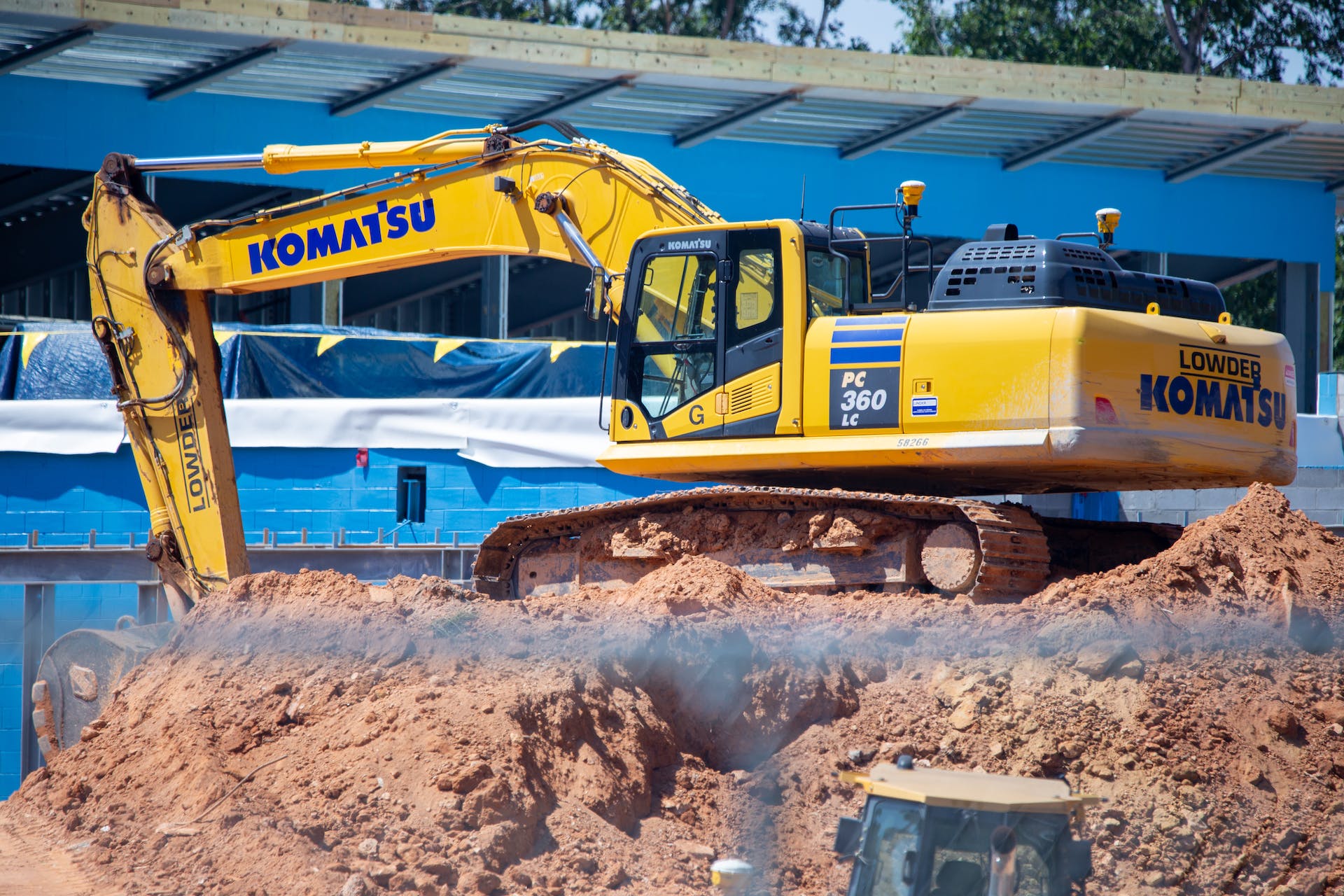How Rising Construction Costs Impact Commercial Real Estate Development

Commercial developers face a multitude of challenges that can significantly impact their projects. One of the most pressing concerns in recent times has been the relentless rise in construction costs. From material prices to labor expenses, these escalating costs have sent shockwaves through the industry, affecting developers, investors, and ultimately, the end-users. Let’s take a look at a few ways in which the surge in construction costs is impacting commercial real estate development.
1.) Escalating Material Costs
The backbone of any construction project is its materials, ranging from steel and concrete to lumber and copper. Unfortunately, over the past few years, the industry has witnessed a surge in the prices of these essential materials. The increased demand for raw materials, coupled with supply chain disruptions and trade tariffs, has resulted in a domino effect that directly impacts construction budgets. Developers now face the challenge of balancing quality and cost-effectiveness in the face of these skyrocketing material expenses.
2.) Labor Shortages and Wage Pressures
Construction projects are not only dependent on materials but also on skilled labor. However, the industry is grappling with a persistent shortage of qualified workers, from carpenters to electricians. The demand for skilled labor has led to increased wages, adding another layer to the rising costs of commercial real estate development. Developers find themselves in a competitive market for talent, and as a result, labor expenses constitute a significant portion of overall project budgets.
3.) Delays and Disruptions
As construction costs continue to climb, developers face the harsh reality of project delays and disruptions. Delays often arise due to a combination of factors, including material shortages, labor strikes, and unforeseen challenges during the construction process. These setbacks not only extend the timeline of a project but also lead to additional costs, as developers are forced to navigate through a turbulent environment.
4.) Impact on Project Viability and Financing
The surge in construction costs can render previously viable projects financially unfeasible. Developers, already working on thin margins, find themselves in a precarious position as they struggle to balance the books. The increased uncertainty surrounding project financing has a direct impact on investment decisions, with some developers having to reconsider or scale back their projects to adapt to the new economic landscape.
5.) Rental Rate Pressures
Ultimately, the rising construction costs are felt by end-users in the form of higher rental rates. Developers, in an attempt to recoup their increased expenses, pass on the burden to tenants. This has wider implications for businesses, particularly small enterprises, that may find it challenging to absorb the additional costs, potentially leading to a reshaping of the commercial real estate market.
Commercial real estate development will continue to evolve in the face of rising construction costs. Developers must navigate a challenging terrain, balancing the need for quality construction with the financial constraints imposed by increased material prices, labor shortages, and project delays. As the industry adapts to these changes, collaboration between developers, investors, and policymakers becomes crucial to ensuring the continued growth and sustainability of commercial real estate development in the face of these economic challenges.
Disclaimer: The information provided in this post is for general informational purposes only and should not be construed as professional, legal, or financial advice. The views and opinions expressed in the content are those of the author and do not necessarily reflect the official policy or position of any organization or individual. Readers are encouraged to seek professional advice and conduct their own research before making any decisions based on the information provided. The platform shall not be held responsible for any errors or omissions in the content or for any actions taken in reliance thereon.


